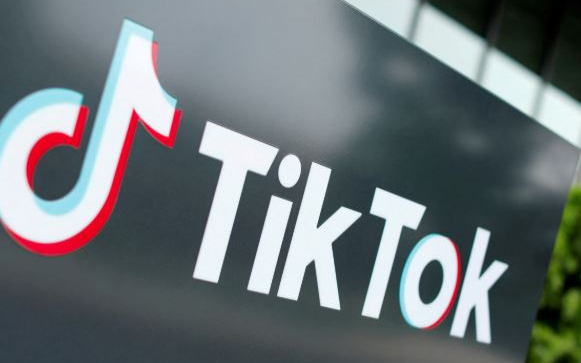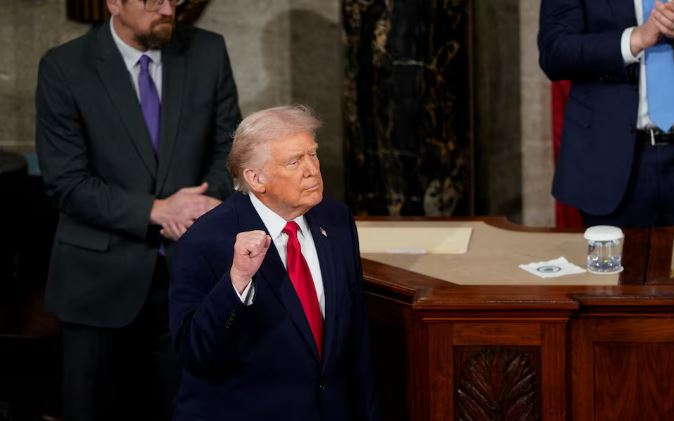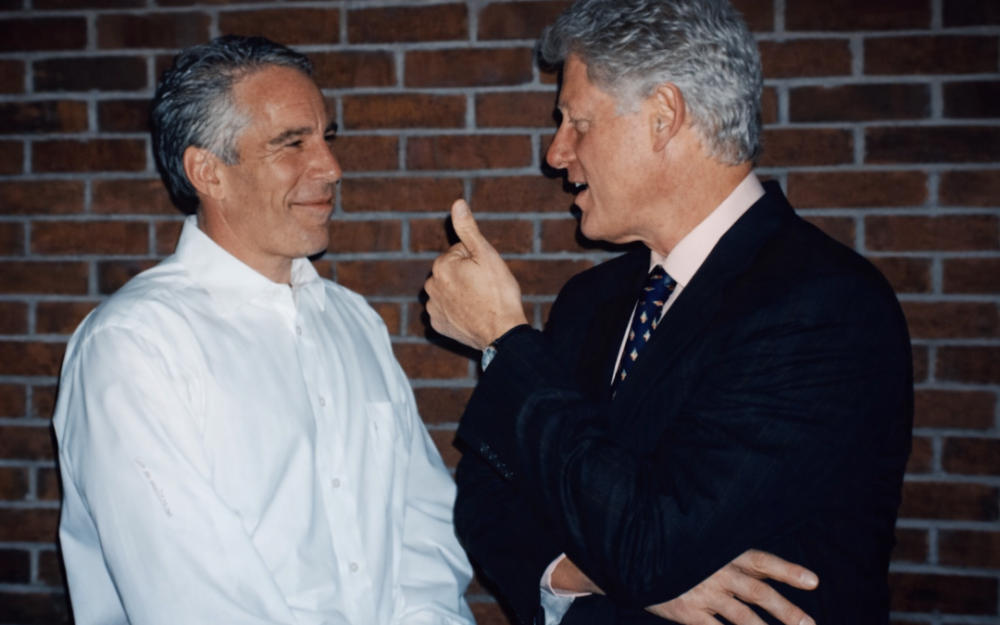誰將撐控美國 TikTok

誰將撐控美國 TikTok?
TikTok 在美國的命運,近年來持續成為國際焦點。2024 年,美國國會通過《保護美國人免受外國敵對應用控制法》,要求受
根據最新協議草案,TikTok 在美國的運營將交由美國企業主導。包括 Oracle 與 Silver Lake 等公司將參與其中,負責演算法與用戶數據的安全管理。新設立的美
未來 TikTok 在美國的控制權,將呈現多方角力:
• 美國企業 負責實際經營與技術掌控;
• 美國政府 透過法律與監管維持主導地位;
• 字節跳動 可能僅保有有限股權或技術授權;
• 司法機構 仍可能因憲法或隱私爭議再度介入。
總的來說,美國 TikTok 將進入「美國化」新局,平台雖可繼續存在,但其走向已不僅是商業
Who Will Control TikTok In The U.S.?
TikTok’s fate in the United States has remained a major geopolitical flashpoint. In 2024, Congress passed the Protecting Americans From Foreign Adversary Controlled Applications Act, requiring apps deemed controlled by foreign adversaries to divest or face a U.S. ban. TikTok, owned by China-based ByteDance, quickly became the central target. Although the company challenged the law in court, the U.S. Supreme Court upheld the legislation, forcing TikTok to confront the reality of “Americanization.”
According to the latest proposed agreement, TikTok’s U.S. operations will be placed under American control. Companies such as Oracle and Silver Lake are expected to take the lead in managing its core algorithm and safeguarding user data. A new U.S.-based board will oversee operations with seven seats — six held by Americans, and just one reserved for ByteDance. The goal is to ensure the platform is no longer subject to direct influence from China.
The future control of TikTok in the U.S. will rest on a balance of power among several actors:
• American companies, responsible for business operations and technical management;
• The U.S. government, providing oversight through laws and regulations;
• ByteDance, retaining only limited equity or technical licensing rights;
• The judiciary, which could re-enter the fray if new constitutional or privacy challenges arise.
In short, TikTok’s U.S. business is moving toward a new “Americanized” model. While the app may survive, its trajectory is now less a commercial question and more a reflection of the ongoing U.S.-China rivalry in technology, data, and national security.






























